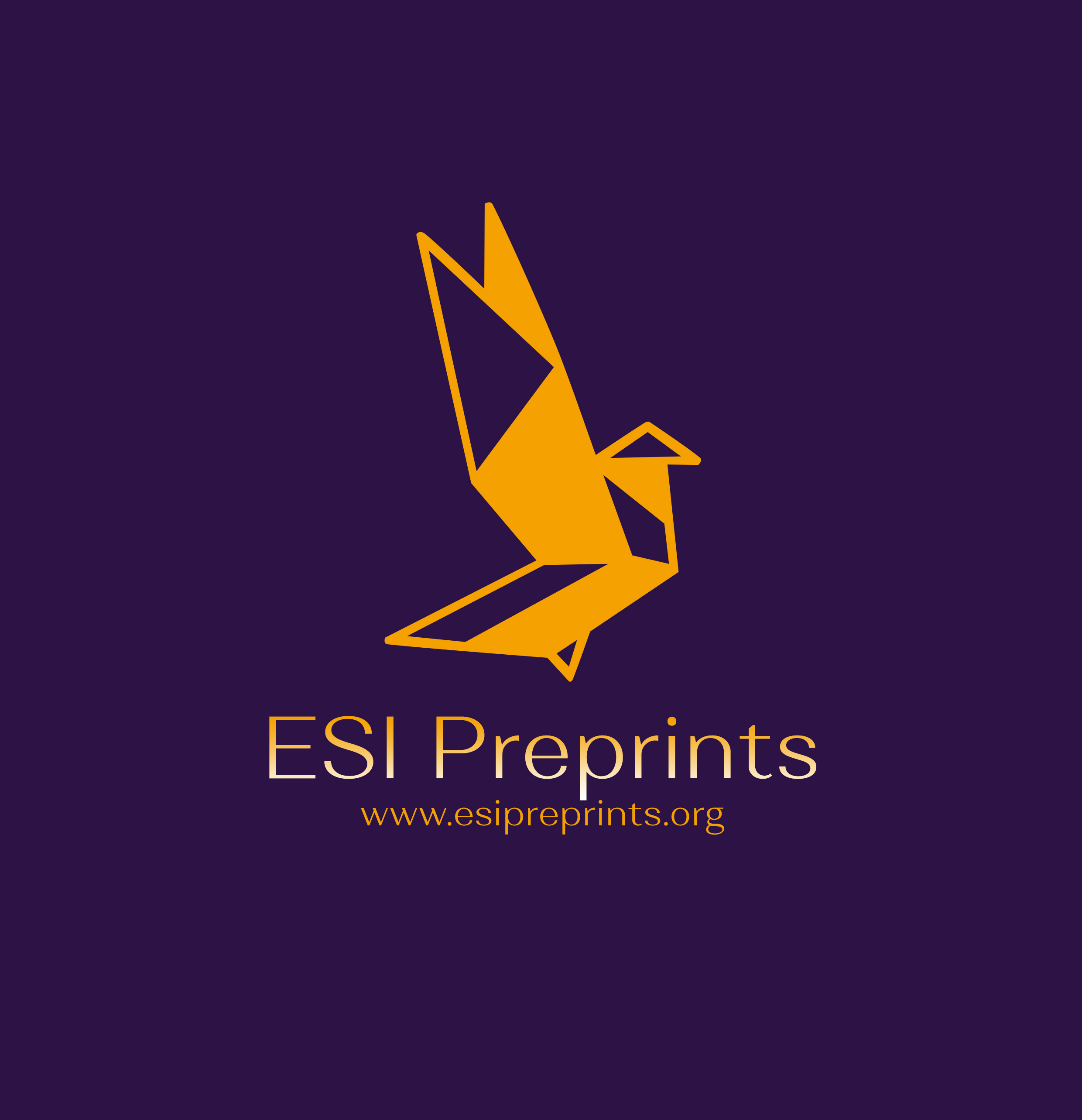The Politics of Secularism in Ethiopia: Repression and/or Co-option towards EOTC
Abstract
Secularism in Ethiopia has not been practiced as stipulated in the 1995 Federal Democratic Republic of Ethiopia (FDRE) constitution, separation of state and religion. Instead consecutive regimes since the introduction of secularism employed a tactic of co-option and repression towards the Ethiopia Orthodox Tewahido Church (EOTC) to meet their political objectives. This paper thus tried to address the nature and manifestation of government intervention in the EOTC through either co-option and/or repression with a special emphasis on the post 2018 regime. The study argues de-facto secularism in Ethiopia is far from the essence of separation of state and religion; it is a new version of religion industriously implemented by governments to upgrade the Orthodox Church in a way that fits with the political system. The secular regimes co-opted and repressed the church conditionally at any cost of the institution through Machiavellian approach. The study also finds that the Prosperity led regime was actively involved in the internal affairs of the church; in early days through co-option in the name of reconciliation with the exile synod. And in the later days via repression; massive killing of orthodox followers, burning of churches and restriction on church’s annual ceremony the like epiphany are the manifestations.
Downloads
References
2. Ancel, S and Ficquet, E. (2015). The Ethiopian Orthodox Tewahedo Church (EOTC) and the Challenges of Modernity. Oxford University Press, London, 2015.
3. Ancel, S. (2011).“Centralization and Political Changes: the Ethiopian Orthodox Church and the Ecclesiastical and Political Challenges in Contemporary Times”, Rassegna di Studi Etiopici, 3 (Nuova Serie), pp. 1–26.
4. Berhe, A. (2008). A Political History of the Tigray People’s Liberation Front (1975-1991): Revolt, Ideology and Mobilization in Ethiopia. PhD Dissertation (Amsterdam: Vrije Universiteit
5. Dejen, M. (2018). Religion and the secular state order: the Ethiopian experience. Religion, Law and Security in Africa. DOI: https://10.18820/9781928314431/14
6. Doulos, M. (1986). ‘Chrisians in Marxist Ethiopia’, Religion in Communist Lands 14(2), 134–147. https://doi.org/10.1080/09637498608431248
7. Ebabey, T. (2020). Anti-Orthodox Christian Attitudes in Ethiopia: An Assessment of Historical and Contemporary Persecutions of Christians. International Journal of Orthodox Theology Volume 11 (4). https://urn:nbn:de:0276-2020-4020
8. Engedayehu, W. (2013). "The Ethiopian Orthodox Tewahedo Church in the Diaspora: Expansion in the Midst of Division," African Social Science Review: Vol. 6: Iss. 1, Article 8
9. Fox, J. (2006). World Separation of Religion and State Into the 21st Century. Comparative Political Studies. Volume 39 (5) http://10.1177/0010414005276310
10. Girma, M. (2018). ‘Religion, poliics and the dilemma of modernising Ethiopia’, HTS Teologiese Studies/ Theological Studies 74(1) https://doi.org/10.4102/hts.v74i1.4878
11. Jalata, A. (2004). Fighting against the Injustice of the State; Begna, Significance of the rights of people to self-determination, pp. 66
12. Jörg, H. (2009). “Writing Religious History. The Historiography of Ethiopian Pentecostalism.” Dr. theol. thesis., University of Heidelberg.
13. Jörg, H. and Feyissa, D. (2022). “The Strains of ‘Pente’ Politics: Evangelicals and the Post-Orthodox State in Ethiopia.” In Routledge Handbook on the Horn of Africa, edited by Nicholas Bach, 481–94. London: Routledge.
14. Jörg, H. and Østebø, T. (2011). EPRDF’s Revolutionary Democracy and Religious Plurality: Islam and Christianity in Post-Derg Ethiopia. Journal of Eastern African Studies 5 (4): 755–72.
15. Larebo, H. (1986). “The Orthodox Church and the State in the Ethiopian Revolution, 1974–1984”, Religion in Communist Lands, 14 (2), pp. 148–59.
16. Larebo, H. (1987). The Ethiopian Orthodox Church and Politics in the Twentieth Century: Part I. Northeast African Studies, 1987, Vol. 9, No. 3, pp. 1-17
17. Mansfield, H. (1985). The Prince : Niccolo Machiavelli (2nd eds). THE UNIVERSITY OF CHICAGO PRESS Chicago and London
18. Molla, S. (2021). Ideological Violence Towards The Ethiopian Orthodox Tewahido Church in the Post-1960s. Politics and Religion. Vol. XV (II). https://doi.org/10.54561/prj1502377a
19. Østebø, T. (2023). Religious Dynamics and Conflicts in Contemporary Ethiopia: Expansion, Protection, and Reclaiming Space. African Studies Review, pp. 1–24
20. Roberts, K. (2004). Religion in sociological perspective 4th ed. Canada: Thomson Wadsworth.
21. Serawit, B. (2018). Religion and Politics in Post-1991 Ethiopia: Making Sense of Bryan S. Turner’s ‘Managing Religions’, Religion, State and Society, Vol. 46, No. 1 DOI: https://10.1080/09637494.2017.1348016
22. Swatos, W. and Christiano, K. (1999). Secularization Theory: The Course of a Concept. Sociology of Religion, Vol. 60, No. 3 pp. 209-228
23. Turner, B. (2007). “The Enclave Society: Towards Sociology of Immobility.” European Journal of Social Theory. Volume 10 (2): 287–303 https://doi:10.1177/1368431007077807
Copyright (c) 2024 Dereje Melese Liyew

This work is licensed under a Creative Commons Attribution 4.0 International License.








